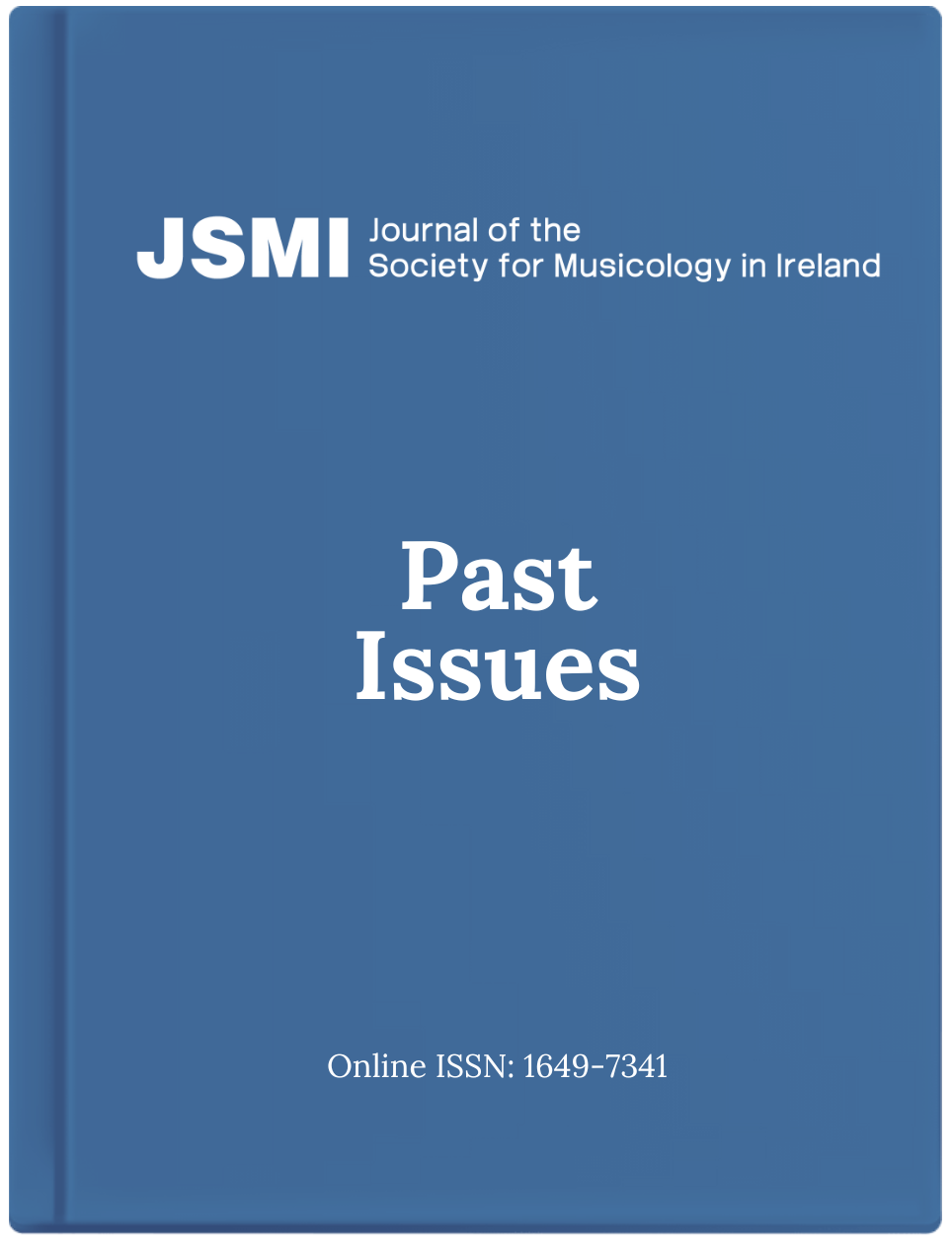Populism and Folklorism in Central European Music Pedagogy of the Nineteenth and Early Twentieth Centuries
DOI:
https://doi.org/10.35561/JSMI04081Abstract
The nineteenth century saw the beginnings of a fascination for ‘naïve’ folk art as a supposed encapsulation of ‘national spirit’, a fascination which juxtaposed and frequently intersected with a growing interest by many composers in the creation of didactic art music for children. Folk themes, considered ‘child-like’ and ‘pure’ in character, informed many of these works because of their apparent aptness for a young audience. Such works led to a populist trend peaking in the early twentieth century that saw composers using everyday folk-art themes and references, in the context of their own compositional idiom, as a means of introducing not only children but the general public to arcane principles of art music in an accessible way.Bound up with the populist concern for the musical education of ‘the masses’ (through reference to ‘their’ folk-music genres) were topical social and political ideologies, chiefly nationalism and later, at the start of the twentieth century, evolutionism, which influenced the composers’ selection of folk-music themes for their pedagogical works and were clearly evident in their explanatory literature about this music. Through reference to composers from Schumann to Kodály and Orff, this article traces the development and influence of the Volk concept, from both nationalist and evolutionist perspectives, on Central European musical pedagogy of the nineteenth and early twentieth centuries.
Downloads
Published
Issue
Section
License
Copyright for articles and reviews published in this journal is retained by the authors, with first publication rights granted to the journal. By virtue of their appearance in this open access journal, articles are free to be used, with proper attribution, in educational and other non-commercial settings.
It is the responsibility of the author to secure (and, if necessary, pay for) written copyright permissions for the reproduction, in this online journal, of any illustrations, images, music notation, audio and video files, or any other copyright materials, that are included in the author's article.



